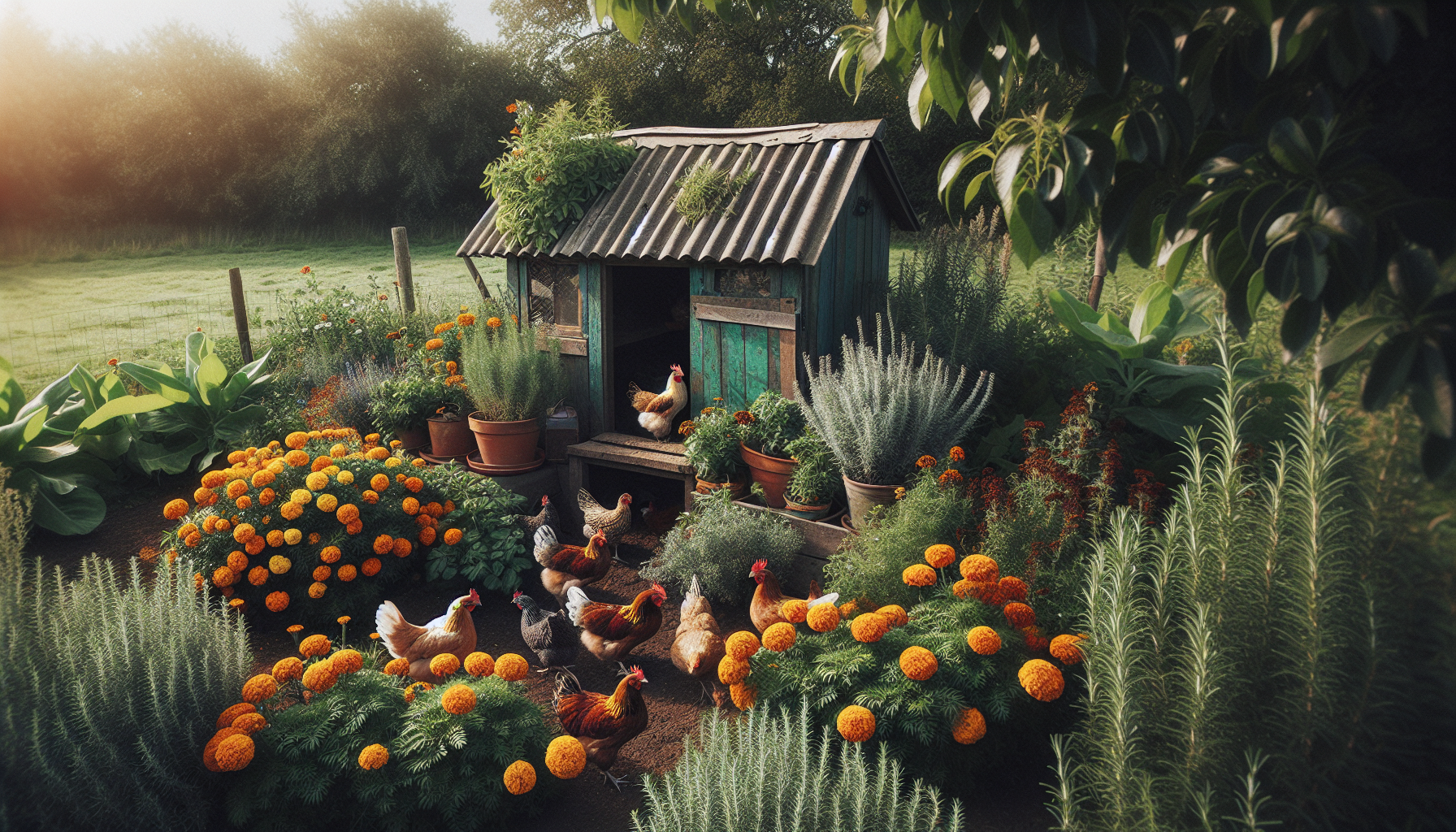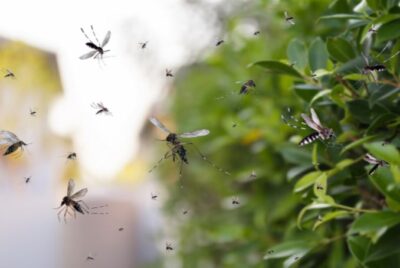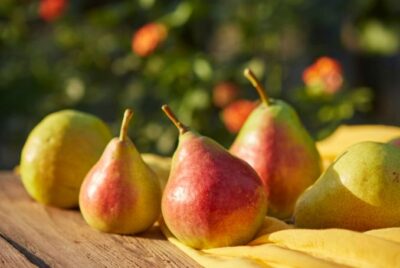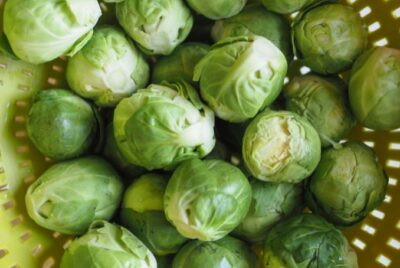Ant-Snacking Hens: Do Chickens Eat Ants and Should They?
Curious about your feathered friends’ dietary habits? If you’ve ever wondered, do chickens eat ants, the answer is yes, they do. Chickens are natural foragers, and ants can often be part of their varied insect diet. The inclusion of ants provides protein and other nutrients, however, not all ant species are safe for chickens to consume.
In this article, we explore which ants are beneficial, how to manage potential risks and the overall impact of ants on chicken health.
Chickens and Their Insect Diet
Chickens are known for their voracious appetite for insects, with ants forming a significant part of this diverse diet. This natural foraging behavior helps in controlling various pests, making chickens a fantastic addition to any backyard.
Imagine having a natural pest control team clucking away happily, keeping your yard free from unwelcome bugs. Sounds like a win-win situation, doesn’t it?
But it’s not just about pest control. Chickens’ consumption of ants, or in other words, when chickens eat ants, also contributes to your backyard’s biodiversity. They play a vital role in balancing ecosystem dynamics, thereby maintaining the health of their environment.
So, the next time you see your chicken pecking away at an ant hill, know that they are not just filling their bellies but also participating in nature’s delicate dance.
The Role of Ants in a Chicken’s Diet
Ants aren’t just an insignificant part of a chicken’s diet; they are a source of protein and other essential nutrients. Imagine these tiny creatures being a protein-packed snack for your poultry! However, while ants do provide some nutritional benefits, they should not form the primary food source for your chickens.
Why, you ask? Well, the chicken’s dietary needs are complex. They require a balanced diet comprising proteins, vitamins, and other essential nutrients to maintain their health and productivity. While ants can provide some of these nutrients, relying solely on them could lead to nutritional deficiencies.
Supplementing ant consumption with a balanced diet of grains, greens, and commercial feed is vital to keep your chickens healthy and happy, ensuring they receive diverse food sources.
Fire Ants vs. Common Ants: What Can Chickens Eat?
Now, not all ants are created equal, at least not when it comes to a chicken’s diet. While chickens can safely eat common ants like carpenter and black ants, red ants, including fire ants, can be dangerous. Carpenter ants and black ants are defenseless against chickens, lacking effective escape strategies, making them an easy snack for your poultry.
Fire ants, on the other hand, pose a significant threat to chickens due to their aggressive nature and painful stings. These stings can cause severe health issues or even death in some cases.
Therefore, despite your chicken’s natural ant-hunting tendencies, it’s crucial to monitor their foraging habits and the types of ants they consume.
Free Ranging and Ant Consumption

Free-ranging chickens exhibit selective behavior in their consumption of ants. Some chickens might actively seek out ants and gobble them up, while others may steer clear of them, especially if they’ve had negative experiences with ant bites.
This behavior is a testament to the adaptive nature of chickens, as they learn to differentiate between different types of ants and choose their food accordingly.
But free-ranging doesn’t mean letting your chickens roam in an area riddled with fire ant mounds. As responsible chicken owners, ensuring the safety of our flock is our primary duty.
So, even though free-ranging has its perks, we must closely monitor the foraging areas and ensure they’re devoid of harmful ant species.
The Impact of Ants on Chicken Health

While ants form a significant part of a chicken’s diet, some ants, especially fire ants, can pose serious threats to chicken health. Fire ants, with their venomous stings, can cause serious injury or even death in chickens, particularly vulnerable chicks or small bantam breeds.
Chickens that have survived fire ant attacks may suffer pain, necrosis, swelling, and secondary infections due to the venom.
Additionally, consuming other ant species can also lead to health issues like parasite transmission, swelling, discomfort, and rare cases of allergic reactions. Therefore, monitoring your chickens’ ant consumption and taking necessary measures to protect them from potential harm is of utmost importance.
Protecting Chickens from Fire Ant Attacks
Protecting your chickens from fire ant attacks starts with correctly identifying the ants present in your backyard. Knowing the difference between fire ant mounds and those of less aggressive ants is critical to keeping your chickens safe. After identifying fire ant mounds, you can implement preventative measures such as:
- Re-routing chicken foraging paths away from these areas
- Applying fire ant bait around the mounds to eliminate the ants
- Regularly inspecting your backyard for new fire ant mounds
- Keeping your chicken coop clean and free of food scraps that may attract ants
But avoidance alone isn’t enough. You must also have strategies in place to reduce the risk of fire ant stings. This could involve managing the fire ant population near the chickens’ environment using safe and chicken-friendly methods.
Identifying Signs of Ant-Related Issues in Chickens
Knowing the signs of ant-related issues in chickens can help you take quick action and potentially save your chickens from serious harm.
Chickens attacked by fire ants may exhibit localized lesions, necrosis, and blemishes, which can lead to severe health issues or death. If you notice any of these signs, immediate removal from fire ant exposure and brushing off any ants on the chickens are crucial steps to alleviate the effects of ant stings.
However, keep in mind that spraying chickens with water to remove fire ants is not advisable. This action can cause ants to cling and sting more aggressively. Instead, consider using a soft brush or cloth to gently remove the ants without causing additional harm to your chickens.
Managing Ant Populations Around the Coop

It’s critical to manage ant populations around the chicken coop to safeguard the health and safety of your chickens. There are several safe and natural ways to deter ants from your chicken coop.
Natural ingredients like cinnamon, cloves of garlic, and cucumber can effectively deter ants without causing any harm to your chickens. Soapy water or white vinegar can also be sprayed as a natural and safe alternative to harsh chemical ant controls.
Another useful method is using food-grade diatomaceous earth around the coop. It’s effective in killing pests, including ants, lice, and mites, contributing to the overall health of your chicken and coop.
However, it’s imperative to avoid chemical ant poisons and powders that could potentially harm your chickens. Instead, opt for safe alternatives like diatomaceous earth and natural sprays that are both chicken-friendly and effective.
Attractants and Deterrents: Keeping Ants at Bay
Maintaining a clean chicken coop is the first step in keeping ants at bay. Broken eggs, fresh veggies, and leftovers from your kitchen can attract ants and other pests. Fire ants, in particular, are attracted to broken eggs and can attack chickens if they grow in number inside barns or chicken coops.
Storing chicken feed in metal containers, such as metal garbage cans or old chest freezers, can effectively prevent ants from contaminating the feed.
Also, natural deterrents like diatomaceous earth can be sprinkled around fire ant hills to create a barrier, deterring their movements. With proper attractants and deterrents in place, you can effectively keep ants at bay, ensuring your chickens stay safe and healthy.
Fire Ant Bait Usage Tips
Using fire ant bait can be an effective way to manage fire ant populations around your chicken coop. The insect growth regulator (IGR) bait used against fire ants is not harmful to poultry and other birds due to the low quantity of chemicals used in a single application. When properly spread, the granules settle deep in the grass, significantly reducing the likelihood of poultry finding or consuming harmful amounts.
However, proper application is key to ensuring the safety of your chickens. Here are some steps to follow when applying Amdro Ant Block:
- Apply the bait outside of the ant hill without disturbing the colony.
- Allow ants to carry the bait inside, ensuring effectiveness while keeping it away from chickens.
- Confine chickens for at least 24 hours when treating ant hills with Amdro Ant Block to prevent them from consuming the bait.
Supplementing Chicken Diets: When Insects Aren’t Enough
Insects, including ants, can be a valuable part of a chicken’s diet, providing them with essential nutrients and proteins. However, relying solely on insects for nutrition is not advisable for chickens. A commercial chicken feed product should always be offered as the main option at mealtime to ensure that chickens are not solely relying on insects like ants for their diet.
Chickens require a variety of nutritional elements daily, including protein, vitamins, minerals, and water, to maintain optimal health. While insects can play a beneficial role in a chicken’s diet, they cannot provide all the nutrients that chickens need. Therefore, it’s necessary to supplement chickens’ diets with commercial feed, grains, and greens to ensure they receive balanced nutrition.
Read also: Best Bugs and Insects for Chicken Nutrition
Ensuring Nutritional Balance Beyond Bugs
A balanced diet is crucial for the health of your chickens. Commercial chicken feed is formulated to cater to the diverse nutritional needs of chickens, providing a balance of essential nutrients for different life stages and breeds.
While scratch grains are an enjoyable treat for chickens, they should be limited to no more than 10% of the total diet to maintain nutritional balance and avoid deficiencies.
But the dietary needs of chickens can differ based on age, breed, and laying status. Non-large breed chickens not in laying periods, and roosters, typically require less protein and calcium than that provided in ‘layer’ feeds.
Also, care must be taken with large breed chickens, like Cornish crosses, who have specific dietary needs and are prone to health issues if allowed to overeat and grow too rapidly.
The Role of Grit in Digesting Insect Exoskeletons
Did you know that chickens require grit to properly digest their food? That’s right. Since chickens lack teeth, they use grit in their gizzard to mechanically break down tough foods like the exoskeletons of insects. This process enhances digestion and nutrient absorption, providing maximum benefits from their diet.
Chickens in confinement need hard grit to be provided periodically, while free-range chickens should have continuous access to appropriate sizes of grit to prevent digestive issues.
So, the next time you see your chicken pecking at an ant hill, remember to provide them with some grit. This will not only aid in the digestion of the ants but also ensure your chicken gets the most nutritional benefits from their diet.
The Curious Case of Ant Eggs and Chicken Feed
Ant eggs are considered a delicacy and are consumed in various Southeast Asian countries due to their unique sourness and texture. The acetic acid content in red ant eggs, utilized for their sour flavor in Thai cuisine, suggests these eggs have a flavor profile that chickens might find acceptable. But are ant eggs consumed by chickens?
There is no direct evidence indicating that chickens consume ant eggs, although they are known to eat insects, including ants.
Ant Eggs as an Alternative Protein Source
The idea of ant eggs as a protein source for chickens might sound intriguing. However, there is no direct information available on the nutritional value of ant eggs and their suitability as a protein source for chickens. While chickens, which consume a broad range of insects, might incidentally ingest ant eggs during their foraging, the specific benefits or potential negatives of ant eggs in chicken diets are not well-documented.
Balancing Foraging with Feed
While foraging is a natural and beneficial behavior for chickens, striking a balance with feed is equally important. Chickens’ foraging behavior involves seeking out a variety of insects, including ants, which form a natural part of their diet. However, a balanced commercial diet for chickens typically includes grains, proteins, and necessary vitamins and minerals that may not always be available through foraging alone.
Feed intake can vary based on factors such as age, breed, and level of foraging activity, requiring regular adjustments to the feeding regimen. To maintain a balance, chicken keepers can encourage foraging activity by creating environments that support insect populations while supplementing with feed as needed. This way, chickens can enjoy the best of both worlds, foraging for insects while also receiving a balanced diet.
The Ecosystem of the Yard: Chickens, Ants, and Other Creatures
Chickens aid in the ecological balance of a yard by helping control ant populations, though they don’t entirely eradicate them. This aspect is crucial for maintaining biodiversity in your backyard.
When given the opportunity to eat ants, such as an old log infested with carpenter ants, chickens will consume these ants, thereby influencing the infested environments within their ecosystem.
Birds, Bees, and Ants
Creating a backyard ecosystem that supports chickens, ants, and other creatures is a delicate dance. For instance, planting marigold flowers and herbs such as sage and rosemary around the coop can create a natural repellent barrier against pests. These plants, while creating an aromatic environment that is unappealing to mosquitoes, are likely to contribute similarly to deterring ants in the proximity of the coop.
Effectively employing these planting strategies assists in controlling pest populations and supports the delicate balance of backyard biodiversity, thereby promoting the well-being of chickens, bees, and other animals. So, the backyard isn’t just a space for your chickens to roam freely; it’s a harmonious ecosystem where each creature plays its part in maintaining the balance.
Maintaining Harmony Among Backyard Species
Maintaining harmony among backyard species requires careful management of the foraging space for your chickens. Unrestricted chicken foraging can negatively impact soil biodiversity and reduce the population of beneficial organisms, affecting the entire ecosystem. Other wildlife, such as thrushes, hedgehogs, and toads, may decline in number due to chickens consuming large quantities of invertebrates.
To prevent over-foraging and contribute to interspecies harmony, create environments that support insect populations and regulate your chickens’ foraging space. Chickens’ natural behaviors can be leveraged for pest control and soil fertilization, promoting a chemical-free and sustainable ecosystem.
Moreover, providing adequate space and suitable housing is crucial to prevent overcrowding and maintain a harmonious ecosystem for backyard chickens.
Frequently Asked Questions
Are ants harmful to chickens?
Yes, ants can be harmful to chickens as they may pass parasites to them when ingested or through foraging for insect treats.
How do I keep ants out of my chicken coop?
To keep ants out of your chicken coop, you can use natural remedies like spraying soapy water or white vinegar and creating a cucumber spray using chopped cucumber and water. These methods can help deter ants from entering your coop.
Is there a safe ant control for chickens?
Yes, there are safe ant control methods for chickens, such as using food-grade diatomaceous earth and pouring boiling water over fire ant piles.
Why do ants like chicken?
Ants like chicken because they are naturally omnivorous and chicken provides fats and protein, making it an easy meal for them.
Summary
Chickens and ants share a fascinating relationship, with chickens naturally consuming ants as part of their diet. This behavior contributes to pest control and backyard biodiversity while providing chickens with essential nutrients.
However, it’s important to remember that not all ants are safe for chickens, with fire ants posing significant threats. Careful management of ant populations around the coop and a balanced diet supplemented with commercial feed are crucial for the health and wellbeing of your chickens.
So, the next time you see your chicken pecking away at an ant hill, cheer them on, knowing that they are not only filling their bellies but also playing a crucial role in maintaining the ecological balance of your backyard.




